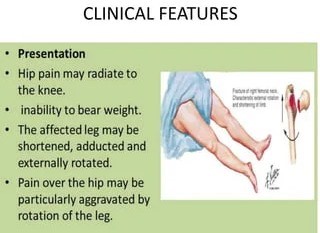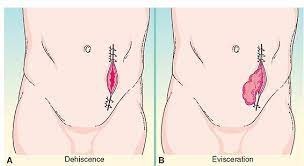The nurse is providing education to a group of patients with pre-diabetes. The nurse will be sure to include which of the following in the education plan?
Knowing signs of hypoglycemia and Injection site Infection.
Increasing Intake of carbohydrates and monitoring for fatigue.
Monitoring hemoglobin A1C levels and daily exercise.
Administering Insulin with meals and Infection prevention.
The Correct Answer is C
Hemoglobin A1C is a blood test that provides an average blood glucose level over the past 2-3 months. Regular monitoring of A1C levels helps to assess the effectiveness of lifestyle modifications and treatment plans and guides adjustments in management if necessary.
Daily exercise is another essential aspect of managing pre-diabetes. Regular physical activity helps improve insulin sensitivity, promotes weight management, and reduces the risk of developing type 2 diabetes. The nurse should educate patients on the importance of incorporating physical activity into their daily routine and provide recommendations on suitable exercise types and durations.
While other options may be relevant for patients with diabetes, they are not specifically tailored to pre-diabetes, which is a condition where blood glucose levels are higher than normal but not yet meeting the criteria for diabetes.
Hypoglycemia and injection site infection are more relevant concerns for individuals with diabetes who require insulin or other medications to manage their blood sugar levels. Increasing carbohydrate intake and administering insulin are not appropriate recommendations for pre-diabetes management, as they can contribute to elevated blood glucose levels.
Nursing Test Bank
Naxlex Comprehensive Predictor Exams
Related Questions
Correct Answer is D
Explanation
This finding suggests that the client may have experienced a hip fracture. The shorter leg can be a result of the fractured bone, causing a misalignment or displacement. The protruding bump on the side can be a sign of a dislocated or fractured hip joint. It is important to assess and confirm this suspicion through appropriate diagnostic measures, such as X-rays, to provide the necessary medical intervention and management.

Correct Answer is A
Explanation
Wound evisceration refers to the protrusion of internal organs or tissues through an open wound. In this case, with the separation of the wound and extrusion of the intestine through the opening, it is a clear indication of wound evisceration. It is a surgical emergency that requires immediate medical attention.
Wound dehiscence, on the other hand, refers to the separation or opening of a previously closed surgical incision or wound. It does not involve the extrusion of internal organs or tissues.

Wound infection refers to the presence of infectious microorganisms in the wound, leading to inflammation and other signs of infection.
Wound tunneling refers to the formation of narrow channels or tunnels within the wound, often caused by improper wound healing or infection.
Whether you are a student looking to ace your exams or a practicing nurse seeking to enhance your expertise , our nursing education contents will empower you with the confidence and competence to make a difference in the lives of patients and become a respected leader in the healthcare field.
Visit Naxlex, invest in your future and unlock endless possibilities with our unparalleled nursing education contents today
Report Wrong Answer on the Current Question
Do you disagree with the answer? If yes, what is your expected answer? Explain.
Kindly be descriptive with the issue you are facing.
